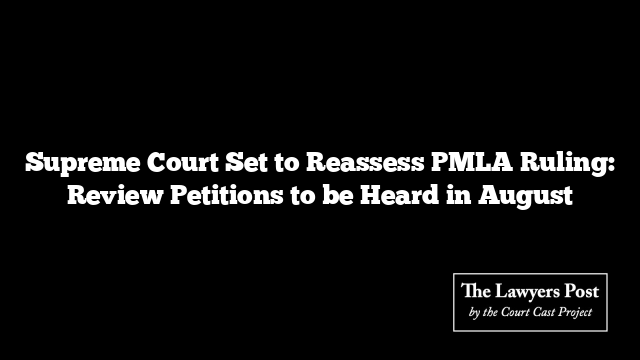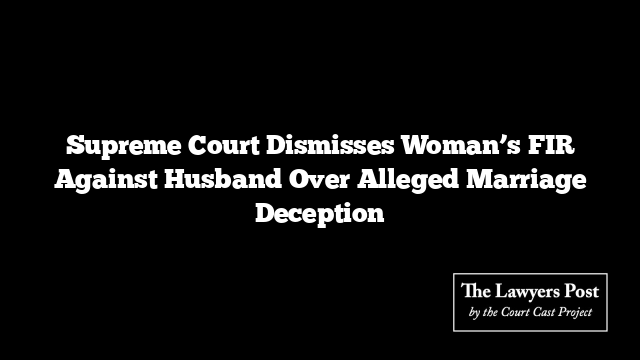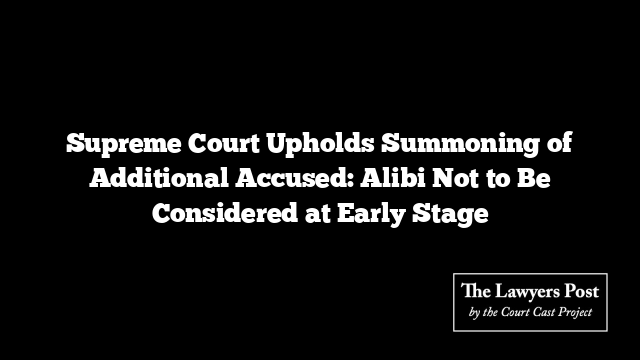The Supreme Court has scheduled a crucial hearing for August 6 and 7 to review petitions challenging its landmark 2022 decision that upheld the validity of key provisions in the Prevention of Money Laundering Act (PMLA). The petitioners, led by Senior Advocate Kapil Sibal, are seeking a re-examination of the judgment in Vijay Madanlal Choudhary v. Union of India, arguing that aspects of the ruling require further scrutiny.
During the preliminary hearing, the Court directed both the petitioners and the Solicitor General to propose specific issues for review. The Bench, consisting of Justices Surya Kant, Ujjal Bhuyan, and N Kotiswar Singh, emphasized that the review process may necessitate referral to a larger Bench if it deems the issues raised as critical.
Sibal presented a list of points for consideration, but the Bench noted that some of these matters would only become relevant if the review petitions are accepted. Justice Kant remarked that many of the petitioners’ concerns are contingent upon the Court’s decision to revisit the 2022 judgment, which may trigger further debate on whether the matter should be escalated to a larger panel of judges.
A significant point of contention involves the ruling’s interpretation of the Enforcement Case Information Report (ECIR). The 2022 verdict concluded that providing an ECIR to the accused is not mandatory, a stance that has sparked criticism. Petitioners are challenging this decision, calling it an overreach that infringes upon accused persons’ rights.
Solicitor General Tushar Mehta voiced concern over the scope of the review petitions, comparing them to appeals rather than focused challenges. He argued that the petitioners are attempting to reopen the entirety of the 2022 judgment, a move that would extend the legal battle further.
The original ruling, rendered by a three-judge Bench, had rejected 241 petitions that questioned the PMLA’s constitutionality. Key provisions upheld in the verdict include the definition of money laundering, property attachment measures, search and seizure powers, and the controversial reverse burden of proof.
This decision also overturned an earlier 2017 ruling that had struck down certain conditions for bail under Section 45 of the PMLA, reigniting a fierce debate over the Act’s impact on individuals’ freedoms and legal protections. With the review petitions set for detailed examination in August, all eyes are on whether the Court will alter its stance or reinforce the PMLA’s controversial provisions.





